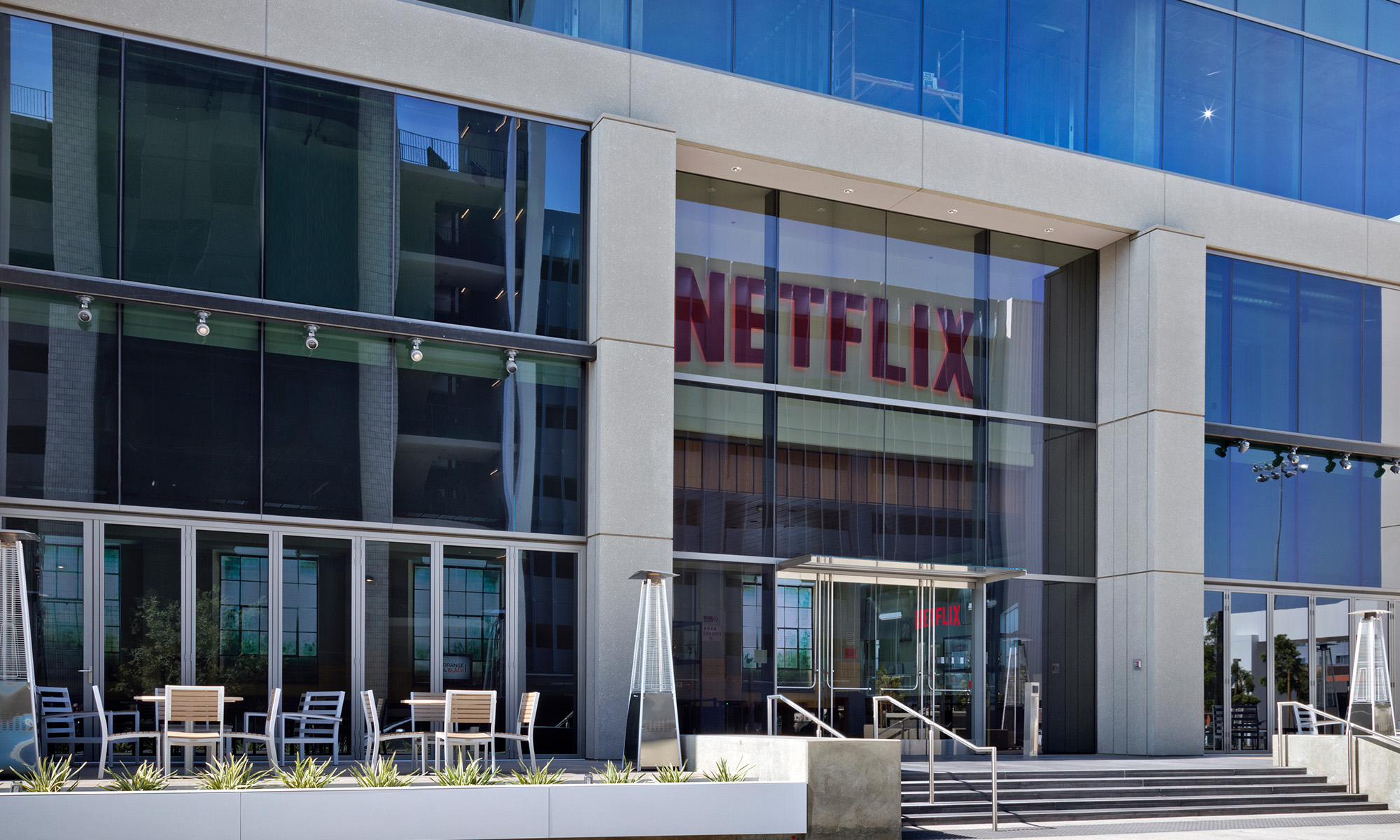It's that time of year again in Hollywood. Nominations for TV's Emmys, arguably visual entertainment's second most important prize next to moviedom's Oscars, were handed down last week.
The nominees were the usual mix of shoo-ins, surprises, and disappointments. The same can be said for the companies behind the TV shows that got the nod. Let's take a brief look at which corporations collected this year's nominations.
Image source: HBO/Time Warner.
Time for prestige TV
It was hardly a surprise that shows from venerable Time Warner (TWX +0.00%) unit HBO took first place in terms of total nominations, with 110 nominations across the Emmys' numerous categories (up from 94 last year). Time Warner's premium cable channel long ago planted its flag in the soil of prestige TV and has managed to hold and defend that ground ever since.
HBO scored well with dark sci-fi saga Westworld, which is a contender in 24 Emmy categories. Other HBO shows up for a statue are popular comedy Silicon Valley, political satire Veep, crime drama The Night Of, and one-off TV movie The Immortal Life of Henrietta Lacks.
Onetime upstart Netflix (NFLX +0.28%) is rapidly becoming a major Emmy presence. It reaped 91 nominations in 2017, up sharply from last year's 56. Its concentrated push ever harder into prestige TV is a big reason Netflix is a strong contender in the Emmys' key outstanding-drama category -- its long-running House of Cards is a contender, as is recent phenomenon Stranger Things and U.K. royal family drama The Crown.
Among the traditional broadcast networks, Comcast's (CMCSA 1.62%) NBC led the pack with 60 nominations, well up from the 41 of 2016. In fact, the Comcast unit was the only one of the "big four" (along with ABC, CBS, and 21st Century Fox's Fox network) to improve its number from last year. Much of that improvement was due to the hit weepie This Is Us, which is up for awards in a host of categories, including outstanding drama.
Another notable improvement came from ever-ambitious streaming service Hulu, which incidentally is jointly owned by subsidiaries of Walt Disney, 21st Century Fox, Comcast, and -- holding a smaller stake -- Time Warner.
The dramatic rise, to 18 nominations from the 2016 tally of two, can be summed up in three words: The Handmaid's Tale. The dystopian drama struck a chord with both critics and viewers and collected 13 of those 18 candidacies.
As mentioned, ABC, CBS, and Fox saw their nomination tallies decline on a year-over-year basis. Their haul for 2017 was, respectively, 34, 29, and 21. Also experiencing drops were Showtime (15, down from last year's 22), PBS (11, from 26), and AMC Networks' flagship channel AMC (11 and 24). Amazon.com's Instant Video, meanwhile, flat-lined with 16 nods.
Dramatic development
So what does it mean for the stocks of the companies behind those shows? Well, the top entertainment awards are effectively opportunities for buckets of free PR for the nominees and the eventual winners, rather than major stock-moving events. So in and of themselves, we shouldn't expect nominations (or even victories, down the road) to move the needle much on the relevant stocks.
Regardless, judging by this year's crop of nominees, we can tease out a notable trend. Prestige dramas still resonate with audiences, whether they're aired on a network (This Is Us), cable channel (Westworld), or streaming service (The Handmaid's Tale). Look for all companies in the running to spend handsomely promoting their existing high-end dramas or make concentrated efforts to develop a new one or several.
So the Emmy laggards this year -- the three broadcast networks that aren't NBC, plus AMC and perhaps Showtime -- might feel compelled to ramp up their efforts to develop new quality dramas to have a better showing at next year's nominations.







